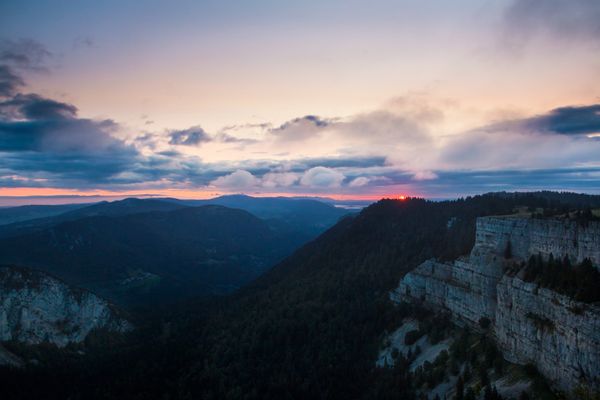Hello there! It’s me, Mike. I’m sorry it has been so long since I’ve shared something with you, but truth is, I’ve been struggling. I’ve been struggling so much that I haven’t been able to put skin to keyboard to share something with you until now, until this moment. But I am delighted to share with you my return-because something in me has sparked a youthful like energy. What might it be you ask?
The return of the most criminally underrated television show of all-time.
Will & Grace. It debuted on September 21st, 1998, and was one of the first major representations of LGBT+ characters in its line-up. For 206 episodes, Will Truman, Grace Adler, Jack McFarland, and Karen Walker graced the televisions of people everywhere. For me, it was more than a television show, it was a representation of the life I feared living-one of honesty, laughter, and pride. I, at the time, a closeted kid from the suburbs of Boston, was enthralled with the show. It was one of the few representations I had in media as a kid, and even though some of its harshest criticism was enforcing stereotypes in gay men, I still loved it. The writing, the acting, the comedy, and the representation all came together for me to become a guide in my life as I intersected various interests.
From a cultural stand point, the biggest influence Will & Grace had on me was that gay men and women existed in this world. It didn’t shy away about addressing issues in LGBT culture and stereotypes (the episode where Jack is mean to lesbians working with Will & Jack in a LGBT seminar for the NYPD always comes to mind). The show addressed stereotypes from various perspective, all of which taught me something about myself. It influenced me in ways I could not understand at the time because I was only young enough to scratch the surface of what the show meant. For a kid who felt like he was losing a battle in life, this positive representative of LGBT people was a win. It allowed me to believe in a future where I could live my life as an openly gay man with a sassy best friend in a chic New York City apartment (with maybe a borderline inhuman drinking buddy and co-dependent sidekick). While certain elements of the actual show are not necessarily realistic for me (substitute Boston for NYC for example). Culturally speaking, it also gave insight to the notion that while there are definitely stereotypes of gay people, i.e. “masculine” or “feminine”, it did in subtle ways do more than that.
Take the character of Harry Connick, Jr, Leo. He entered the picture when Grace & Will were trying to have a baby, causing a rift between the characters, not once but multiple times. While that obviously is less than ideal, his ability to embrace the relationship of Will & Grace and embrace Will & Jack as men, were what influenced me. While they are both definitely traditional elements of a feminine gay man in both Will & Jack, they are different. To see a traditionally “masculine” man embrace the gay men in the life of someone he loves was uplifting to me, as I identified somewhere in-between masculine and feminine and to this day, still do. Culturally, the writing and portrayal of these characters may be written differently and presented to the audiences differently. But for better or for worse, Will & Grace is without a doubt an influence to the shows on television today who feature LGBT+ characters. While the characters themselves work through the problems of the everyday person, such as employment, romance, relationships, and loss. The DNA of the show at its core is the everyday problems people face, whether it be rooted in dating, problems in the work place, or lack of work if you are Jack, and balancing the combination of everyday problems in life (just for a second IMAGINE Jack McFarland on Grindr…seriously, the jokes write themselves).
At the end of the day, all I know is that this show influenced U.S. history through media. It presented representation of a marginalized community, though sometimes with stereotypes. It provided hope, a future, to young men and women like myself that could not necessarily imagine a time when they could be living as openly LGBT+ people. Count me in as an excited viewer, but the only question is…what should I wear?



















